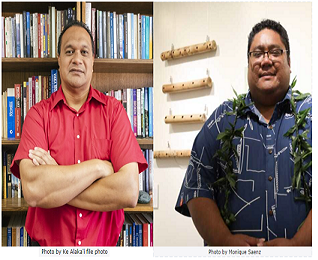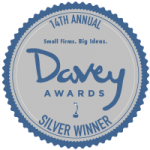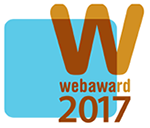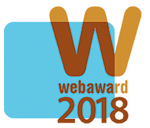
- This event has passed.
Ko’olauloa Mo’olelo with Dr. Tēvita Ka’ili and ‘Ulise Funaki
July 2, 2024 @ 5:30 pm - 7:00 pm
Event Navigation

Please join us as we learn more about the mo’olelo of Ko’olauloa from Dr. Tēvita Ka’ili and ‘Ulise Funaki, scholars and passionate community advocates.
Dr. Tēvita Ka’ili is a Professor of Anthropology and Cultural Sustainability in the faculty of Culture, Language and Performing Arts at BYU-Hawai’i in Lāʻie and the author of Marking Indigeneity: the Tongan art of sociospatial relations (Univ of Arizona Press, 2017). In 2019, he was selected as the Ko’olauloa Person of the Year by the local Facebook page Lāʻie Voice. “According to Ka’ili, Ko’olauloa, the district from Ka’a’awa to Waialua where BYU–Hawaii is located, is a place of great cultural and ancestral significance to him.Ka’ili explained in addition to him and his parents attending BYUH, his ancestry connects to Kahuku through the demigod Maui, who is famous not only for his appearance in the Disney movie “Moana,” but also in local stories as the one who hooked the floating island of Kahuku down to Oahu.
“That deep history also has a tie for me because I feel like Kahuku is another place where our ancestor Maui also lived, and I’m also from Tonga. So, all of those ties make me have this passion to protect the land and the ‘aina of Kahuku,” said Ka’ili.” – from BYUH student publication Ke Alaka’i
Sione Manupuna (‘Ulise) Funaki is a doctoral student in anthropology at UH Manoa and an adjunct faculty of Culture Language & Performing Arts / adjunct lecturer in history, anthropology and Pacific Island Studies at BYU-Hawaii. He studied Political Science with a concentration in the Pacific and Polynesian diaspora at BYU. Last year, he exhibited fangufangu, or nose flutes, during the BYUH’s Asian American and Pacific Islander Month event. One fangufangu is carved with the legend of Maui and one had symbols from his family village of Fua’amotu, Tonga. He recently came back from Yale University’s first Celebration of Pasifika Culture where he co-hosted a kava teach-in ceremony.
Anyone who requires an auxiliary aid or service for effective communication, or a modification of policies or procedures to participate in a program, service, or activity should contact library staff as soon as possible. Advance requests 48 hours or more before the event are encouraged, but not required.





